Goals
Structural modeling and machine learning methods are being increasingly used in research on technology. The purpose of the workshop is to introduce Ph.D. students/researchers to the integrated framework of structural modeling and machine learning. As most of the researchers involved in these methodological domains would agree, the upfront cost of learning and applying structural modeling and machine learning is a quite steep. The workshop would aim to reduce the upfront cost of learning by providing several hands-on tutorials on structural modeling and machine learning. The objective of the workshop is also to open up common ground for future discussions between Ph.D. students and colleagues across schools who use/ wish to use structural modeling and machine learning methods in information systems research.
WORKSHOP FORMAT
Several hands-on tutorials (directed primarily at doctoral students) on structural modeling and machine learning.
- Structural Demand Estimation Using Aggregate Data
- Single Agent Dynamic Structural Optimization Model
- Dynamic Structural Game Model
- Bayesian Learning Model
- Structural Estimation of Auctions
- Matching Models
- Hidden Markov Models
- Word Embeddings (Word2Vec and Glove)
- Variational Probabilistic Inference
- Decision-making under Uncertainty and Personalization
WORKSHOP CHAIRS
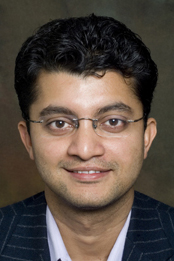
Anindya Ghose - Stern School, NYU
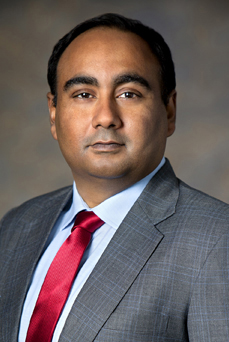
Param Vir Singh - Tepper School, CMU
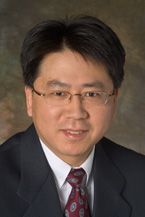
Yong Tan - Foster School, UW
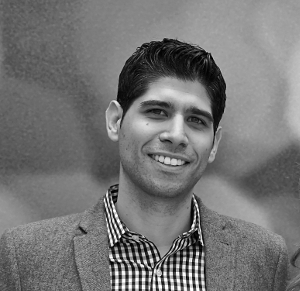
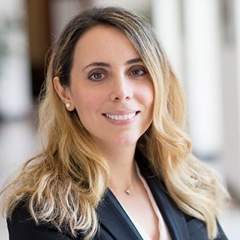
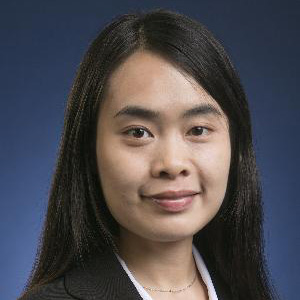
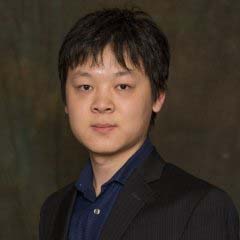
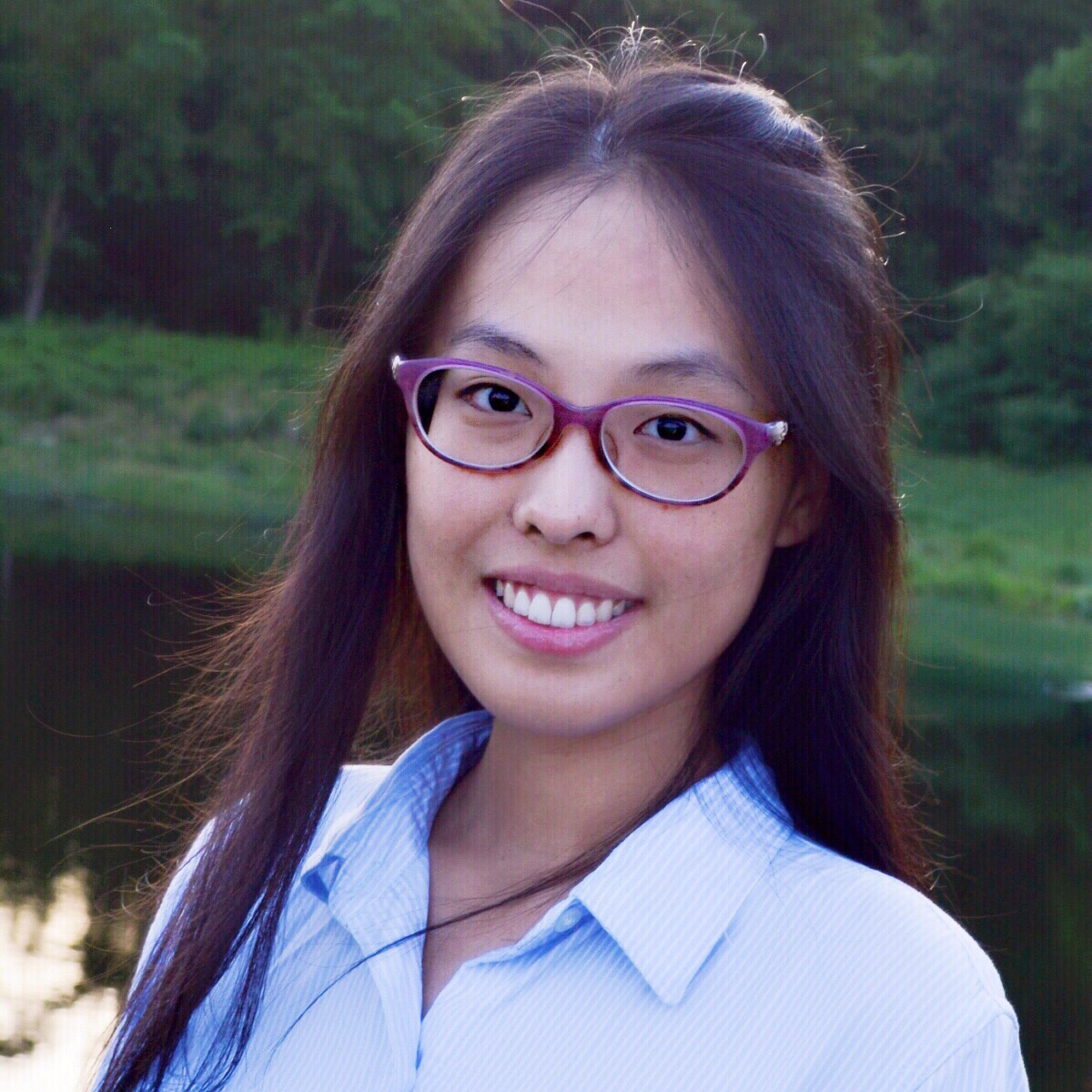
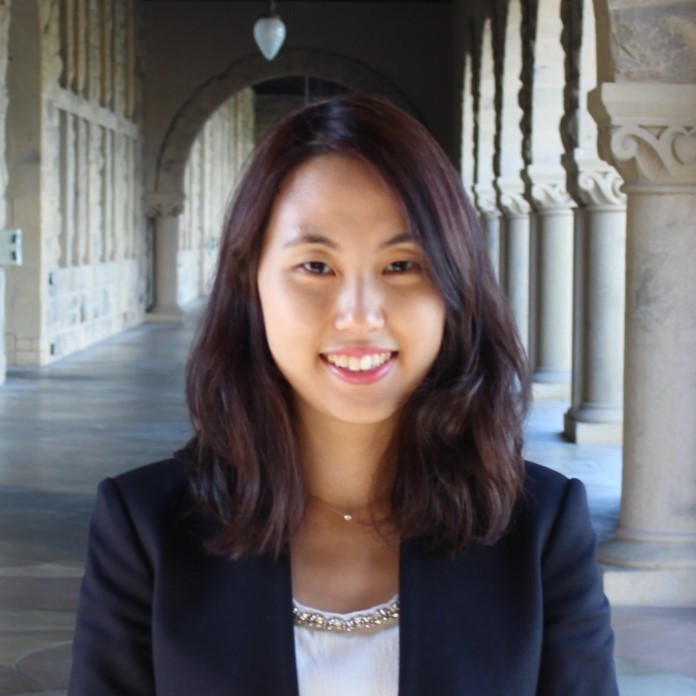
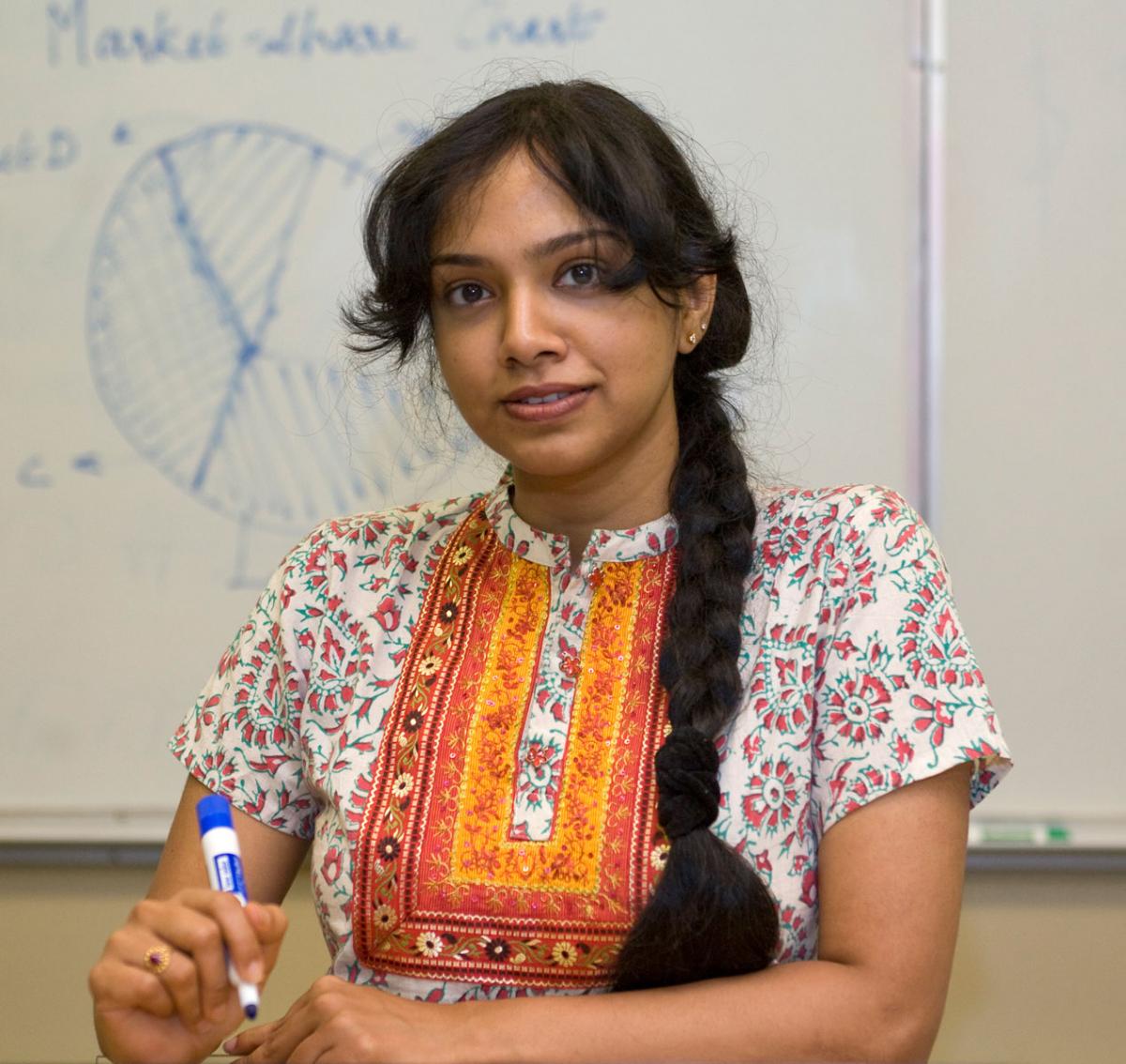

Social Events
Lake Washington Cruise
During this 1½-hour narrated cruise of Lake Washington, you’ll learn the history of the area and cruise past magnificent lakeside properties as you relax and enjoy one of the world’s truly beautiful urban lakes.